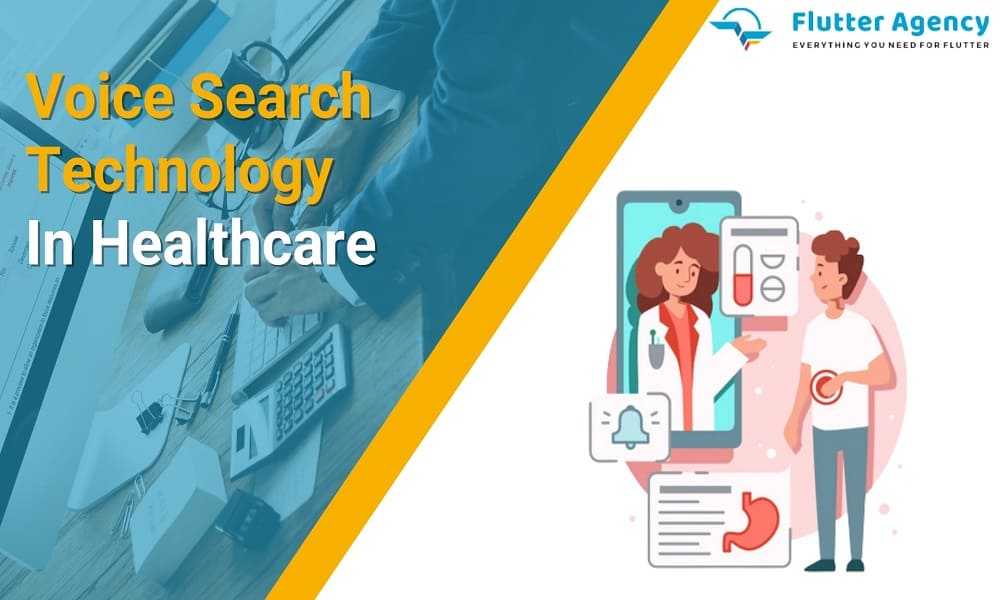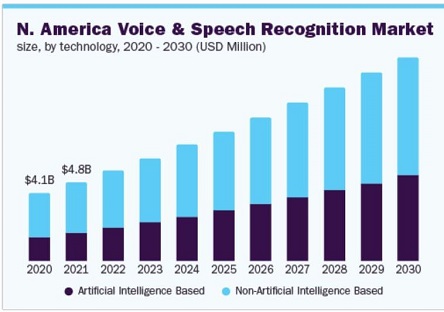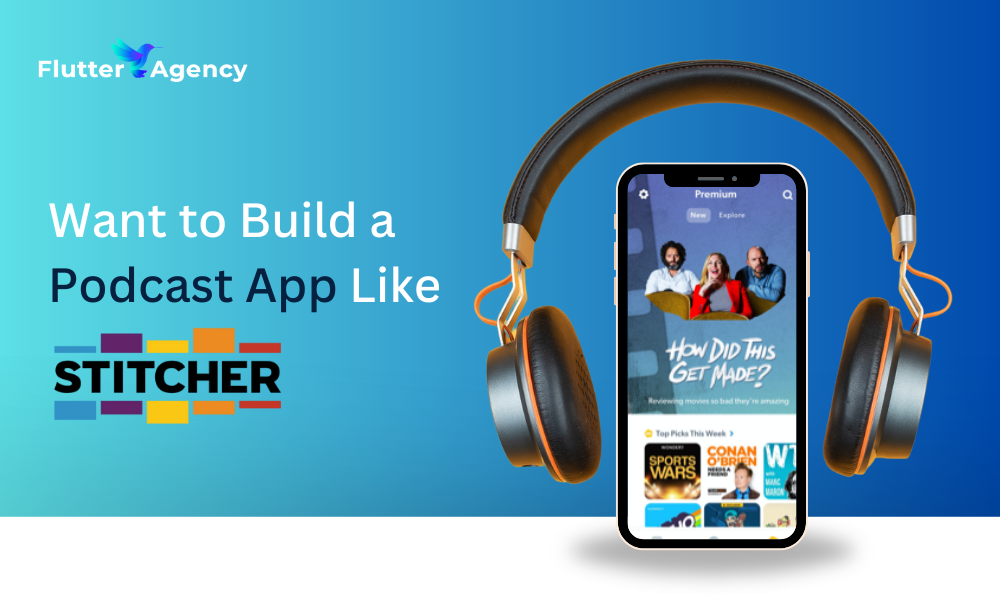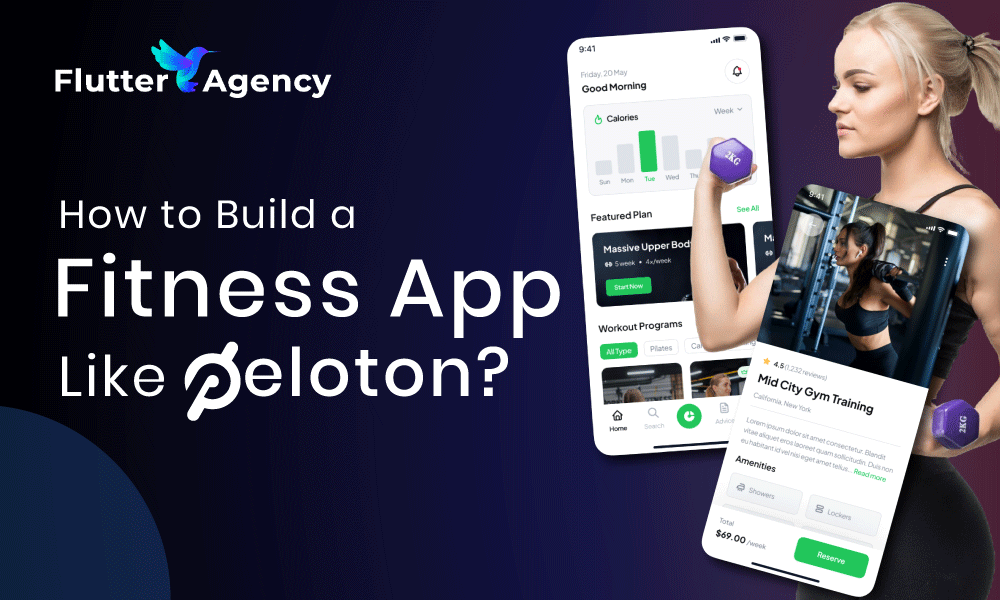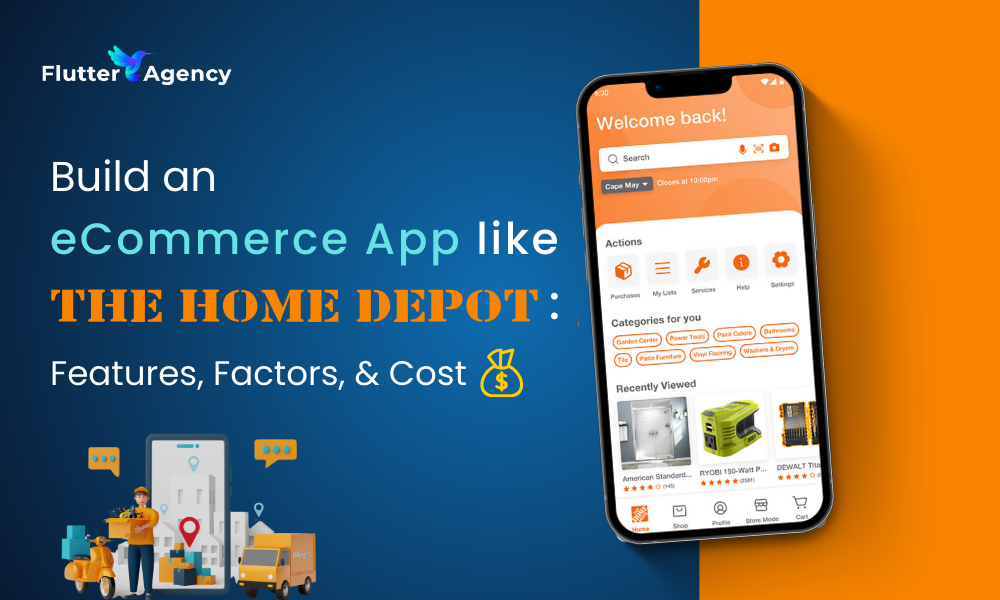Leveraging Voice Search Technology In Healthcare: An Innovative Solution For the Patients
With cutting-edge artificial intelligence upgrading our lives above the indifferences, voice search technology emerges as the Healthcare dependable of the future. However, from handling the follow-up to the medical group, booking appointments, and even diagnosis, Voice User Interface is the perfect combination of medical knowledge with the latest technology, and the number of conversations is to be in the voice of the healthcare industry.
Voice Search associates with the Healthcare
Voice assistants like Alexa, Siri, and Google Assistant have opened up several opportunities for healthcare firms to indulge. Voice technology aids you in doing everything from setting up alarms for shopping online to keeping track of the daily timetable. The usage of voice-assistant apps for distinct purposes is increasing at an unprecedented rate.
Also, the healthcare industry is taking advantage of voice search technology to run front-end and back-end medical operations smoothly and flexibly. An app has become a boon to insurers, pharma companies, and medical centers. Hence, merging AI with deep learning, machine learning, and natural language makes it possible for voice technology to use various ascents and ways of speaking. Hence, the VUIs can go a long way in analyzing behavioral health issues, streamlining patient documentation, and giving optimal personal care to patients.
Introduction to Voice Search technology
Voice-based technology is the future. The program interprets, receives, and carries out the voice commands. It also enables humans to interact with technology. Hence, voice-recognition technology is much more than its basic commands of voice, like setting up alarms, giving the weather data, and organizing the things in the smart gadget. Hence, it is gaining ground with most enterprises for internal and external operations.
The Healthcare industry is constantly progressing towards better patient care by implementing digital solutions. During Healthcare application development, voice search technology substantially impacts the patient’s care and leads toward personalized care. Hence, the voice search technology goes beyond transactional Question-Answer sessions and includes the patients in the interactive conversation.
How will voice search technology work?
Voice search will help you in everything from diagnosis to improving documentation. It is the step-by-step process of creating the new voice technology.
Step 1: A problem statement is given to the voice designers, who will create a texture and the rhythm of a conversation.
Step 2: It will concentrate on the goal and workflow of the project. However, the content is obtained from a trusted content provider to give the smooth flow of the clinical grade content.
Step 3: The voice designer will draft the script with dialogues and give the patient’s probable response and the call’s content. Hence, highly-branched decision trees are planned.
Step 4: The developer will build a code, and the actor will record the responses.
Step 5: Appropriate tones with the required modulation are selected.
Hence, you can make use of technology for multiple purposes. For example, an intelligent voice tech assistant will help capture the clinical notes, update the Electronic Medical Records, and work silently in the background. Therefore, it allows medical experts to focus more on patients than on filling out the forms.
Also, Read This Post:
EMR vs EHR: Which one to select for your Healthcare App Development?
Voice Recognition Market Statistics
The global voice and speech recognition market was valued at USD 14.42 billion in 2021 and is expected to increase at a CAGR of 15.3% from 20222 to 2030. However, the market is anticipated to be driven by technological advancements and the rising adoption of the latest electronic devices. Voice-activated biometrics is utilized for security reasons that give access to authenticated users for performing a transaction. Hence, the growing use of biometrics is the latest factor driving market growth. Hence the rising demand for voice-driven navigation systems and work systems is impelling the rise in hardware and software segments.
The implementation of voice-enabled in-car information systems is gaining popularity worldwide. Some countries have initiated “hands-free” regulations that have governed the usage of mobile phones during driving. The programmers of voice and speech products are focusing on innovations and are expected to accelerate the market’s growth within the forecast period. Using voice recognition technology in smartphones enables doctors and clinicians to translate a voice into a detailed clinical description recorded in the Electronic Health Record (EHR) system. Thus, the boom in voice-enabled IoT gadgets in intelligent home automation is expected to drive the market shortly. IoT-enabled devices give various advantages over traditional offline devices. These devices help in user interaction with touch screens and buttons.
Voice Technology Best Fit for Healthcare
It is a revolutionary approach in the healthcare industry. Let’sLet’s see how it is the best with some points.
1. Speed
Compared to logging into the workstation or opening the app, voice technology gives a speedy and efficient method to give the best solution. Whether it is medicine or advice on health problems, voice search has emerged with speed and accuracy.
2. Location
Selecting the perfect area for keeping the smart speaker is necessary. If it’s placed at too lonely a sight, fetching it during emergencies may pose an issue, whereas, in hospitals, ambient noises may generate the necessary responses.
3. Reliability
A credible source is vital; the voice tech will be helpful and valuable. These apps help indicate the sources quickly and aid the citizens in knowing which sources to trust. Many voice tech apps work directly with clinicians on the content to give better, precise, and accurate information and outcome.
4. Compliance and Security
An organization’sorganization’s security and compliance teamwork in the voice project will aid you in better integration. Healthcare organizations must invest in HIPAA-compliant mobile app solutions, and voice-based apps can do what they are targeted to do while being legally compliant.
Problems that Voice Technology Solves in Healthcare
The primary reason behind voice technology upholding the healthcare industry is its capacity to solve various issues.
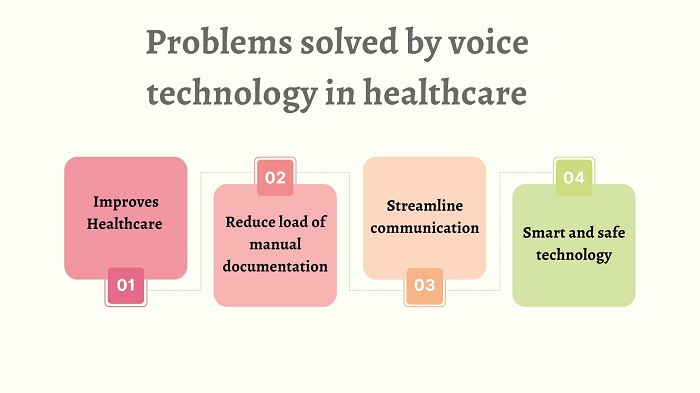
1. Improves Health Care Plans
Statistics show that nonadherence to the care plans for chronic conditions is almost half the total number of patients, and it causes a significant loss of dollars to the healthcare system. Voice technology seeks to monitor the patient for the crucial first 24 hours to give loyalty to the medical plan as described. And questions popping up like ” Did they take up medication?”, “How is the patient responding to side effects of the medicine?” and many more. Hence, these questions are taken care of by the virtual healthcare assistant.
2. Reduce the load of manual documentation
Usually, doctors spend almost all their time documenting patient interaction in the EHR. Hence, this doesn’t seem very easy with the dozens of paperwork. But Google Eric Schmidt said that smart listening gadgets in the examination rooms are beneficial. Voice apps make the encounter notes in less than 60 seconds by transmitting the data received by a dictation.
Also, Read This Post:
Wearables For mHealth Apps In Healthcare Industry
3. Streamlines communication
A patient satisfaction index is directly proportional to the hospital’s financial performance. It has been seen that the five-star hotel is generating the most revenue per patient. Hence, an outpatient facility needs help to optimize the patient satisfaction index by integrating voice search technology for back-office operations.
4. Smart and safe technology
The intensive care unit is rendered contamination-free with immediate and hands-free access to information using voice technology. Rather than searching from hundreds of files, the nurse can ask the question to an intelligent speaker, which will search via the trajectory documents and reply. Hence, it will guide the care providers in case of emergencies.
Voice Technology Applications
Voice apps for Healthcare are on the way to routing an appropriate care service to patients.
1. Diagnose Better
Writing down notes and retrieving vital data will become more manageable. However, not only will physicians take down the notes via n voice, but the nurses also get access to the necessary data of patients with simple voice commands.
2. Helps to document properly
Voice apps will ask questions to the patients in the bid that will track a patient’spatient’s behavior daily. Hence, in turn, it helps to monitor the patient’s health better. For medical professionals, voice apps can identify the billing codes and provide clinical decision support, which saves up more time.
3. Improve interaction with patients
Developing a positive user experience is necessary for the healthcare system. In healthcare app development, voice technology mobile apps or voice recognition software will aid a patient with everything from appointment booking to the remainder of pills. It will carry out the back-end tasks efficiently.
4. Improves staff productivity
Artificial Intelligence in the healthcare industry with AI-powered voice tech will help the staff manage the proper changes in the system or organization. For example, the devices can view the tone and pitch of the nurses while dealing with the patients and understand their stress levels.
Advantages of Voice Recognition in Healthcare
Voice recognition in medical services has been utilized as it will allow the patient to be cared for by sitting at home. Many benefits involve the discourse of acknowledgment of innovation in the medical care industry. The health care providers and patients communicate with the speech recognition technology and help in reducing the need for written documentation.
Let’s see some of the prons below.
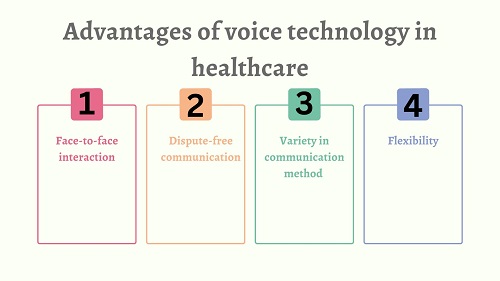
1. Face-to-face interaction
It permits the patients to stay associated without having any personal contact. The person has not had to go to the doctor physically, saving their valuable time.
2. Dispute-free communication
It will speak up for patients so that the patient’s family and the patient himself will make the conversation better together to describe their health issues quickly.
3. Variety in the communication method
Wearable technology in healthcare helps in monitoring devices to permit real-time evaluation and have a faster response time. When the patient’s glucose levels for cholesterol increase, these devices will immediately inform physicians so that they can do the necessary treatment rapidly.
4. Flexibility
Flexibility is one of the best approaches in voice recognition technology. It is accessible virtually by any device or interface. Hence, doctors and medical professionals will easily collaborate by merging the power of the cloud with the ability to share patient data and notes. Hence, it is useful when patients visit various healthcare providers.
Also, Read This Post:
Advantages of IoT in the Healthcare app development sector
Conclusion
An improved healthcare industry is on the go to renovate conventional healthcare modes. Hence, implementing voice technology in the medical field will bring revolutionary changes from understanding patient behavior to comprehending the effect of a drug, identifying health emergencies, and so on may lead to a paradigm shift in the present healthcare industry model. So, the next time you get the follow-up calls, there is a chatbot in healthcare that is trained to converse with you and give you the pills for your healthier life. Flutter Agency can be a trusted choice for building healthcare applications, as we are skilled in developing innovative and robust apps for healthcare organizations. Our skilled and experienced healthcare app developers will integrate emerging technologies in Healthcare like voice recognition.
Frequently Asked Questions (FAQs)
1. What is the usage of voice recognition in Healthcare?
The effect of this technology is the dictation of notes by healthcare providers without having to take the timeout for patient care. It will result in doctors and nurses spending more time on personal interactions and the remaining operations. At the same time, all speech computation work is done effectively.
2. How can voice recognition improve?
The essential factor for improving voice recognition is to use a high-quality headset microphone that holds the microphone in the perfect position directly in front of you. The desktop-based microphones typically give less desirable voice-recognition results as they do not remain consistent.
3. What is the voice of customers in Healthcare?
Market research is looking for the VoC (voice of the customer) as the reliable touch point and the source of qualitative and quantitative consumer information. As a proactive procedure, it helps in many decisions on consumer engagement, dependent on what customers think, prefer, and accept.
Contemporary ventures
Recent blog
ready to get started?
Fill out the form below and we will be in touch soon!
"*" indicates required fields

